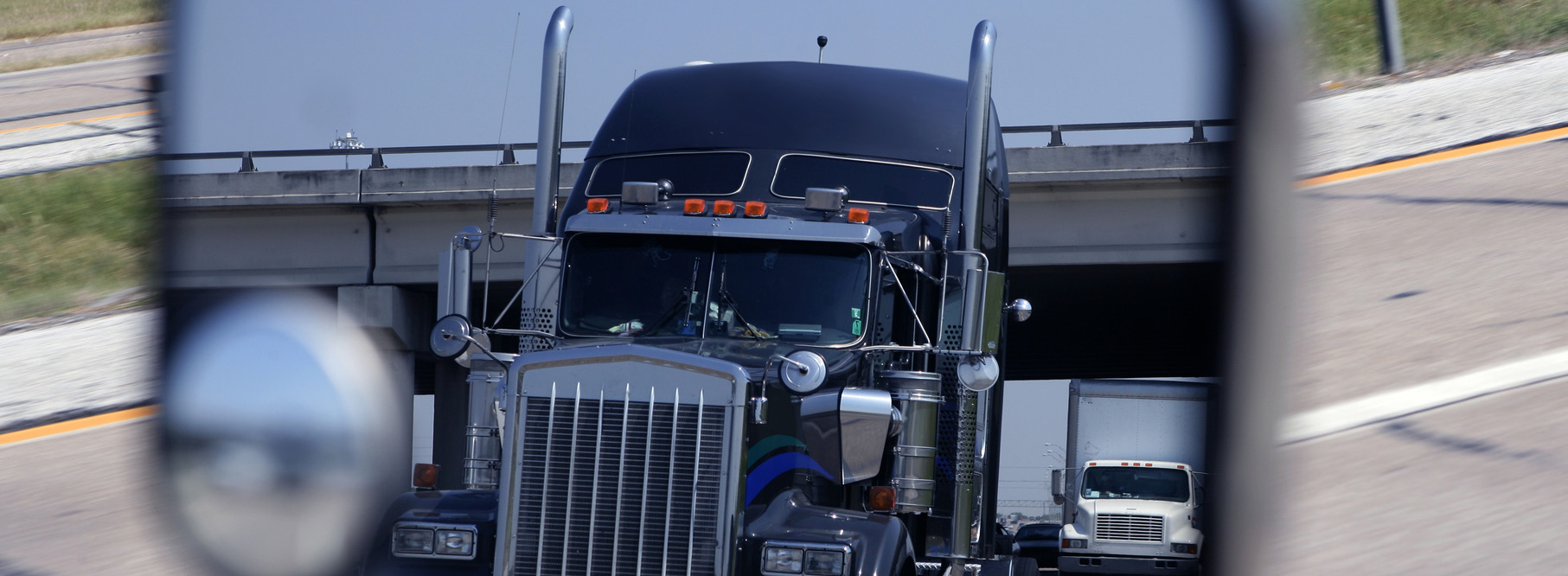- Home
- Consultants
- Meni Koulakiotis
Meni Koulakiotis
Senior RecruiterCritical Velocity Talent Solutions - part of the Reed Group
A recruitment professional with over 13 years of full-cycle recruiting experience in a variety of industries. During her over a decade long career, Meni celebrated many successes in agency as well as corporate environments for temporary, temp-to-permanent, and direct hire placements.
Jobs posted byMeni
Sales and Vendor Support Specialist
- Southlake, Tx
- $75,000 - $85,000, per annum, inc benefits
- Permanent













